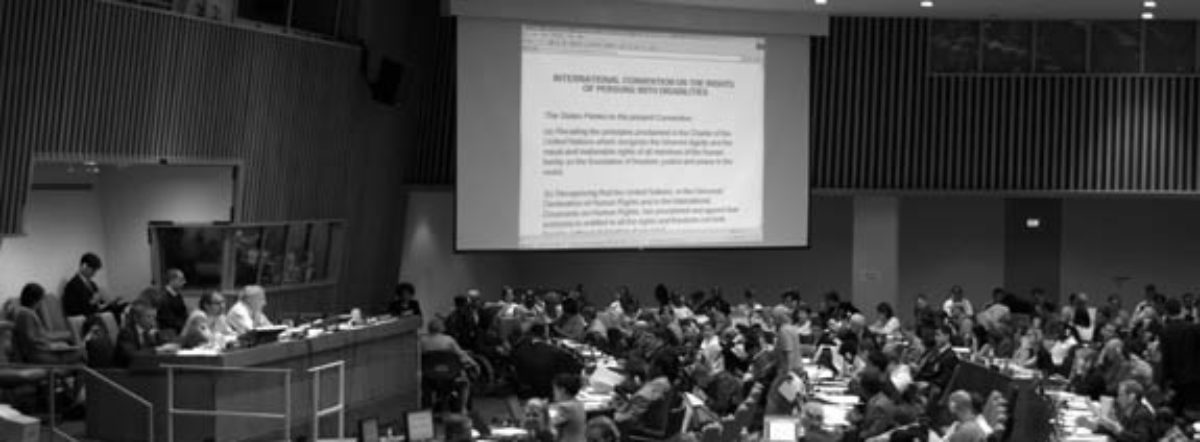This is a new page based on work from 2019-2022. It should be read as an updating of the segment on Articles 19 and 25, which begins to answer the questions raised in that segment and goes beyond them.
- What does it mean to envision and implement a community that welcomes us in all our diversity that has been labeled madness, mental illness, psychosocial disability? How do we envision supports that we may need for a period of time or continually, related to intense distress or interfacing with the world in our diversity, outside of mental health discourse and practices?
- What should be the place of the mental health system in a future inclusive world, given its perpetration of profound and extensive human rights violations that have not yet ended?
- How do we take the step as global community and each society and state, to end the atrocity of psychiatric violence and segregation, together with other disability-based institutionalization, once and for all? What must we do to confront the harms caused by these systems in their full extent and create the conditions for social and personal healing and justice?
The CRPD Committee adopted Guidelines on Deinstitutionalization on September 9, 2022, developed in a lengthy process (for UN treaty bodies) that had unprecedented wide and deep involvement of people with disabilities and their organizations, through online regional consultations and the work of a Global Coalition on Deinstitutionalization that supported the Committee in drafting the document. CHRUSP as well as I (Tina Minkowitz) have been closely involved in this process, including Tina’s contributions as external reviewer for the Coalition.
Materials in this segment relate to the Guidelines, reparations, and an approach to personal crisis that helps us to envision true inclusion for diversity including diversity of distress.
CRPD Guidelines on Deinstitutionalization (2022)*
Minkowitz, A Reparations Approach to Deinstitutionalization (2021)*
CHRUSP/TCI/Validity webinar on Remedy and Reparation for Deinstitutionalization, side event to CRPD Conference on States Parties (2022)* – EN, ES, ZH, FR
Minkowitz, Reimagining Crisis Support: Matrix, Roadmap and Policy (2021)* (free download available)
Questionnaire for Survivors of Psychiatric Institutionalization (2022)
**
Additional resources:
This is a complex issue and I’ve found it helpful to break it down and point out highlights in conversations with survivors as well as allies. Below is one such recent webinar. Please also contact me through social media or email (I’m not hard to find) if you would like to arrange something for yourself or your group.
**
Questions to consider:
What is your relationship to institutionalization and deinstitutionalization?
Are these materials useful for reversing and repairing the harms done by deinstitutionalization and creating communities that welcome our diversity?
What needs to be done to put them into practice?
What is missing and how might that be brought into deinstitutionalization and reparations processes?
Can the harms of institutionalization be repaired?
What is the role of the state in reparative justice for institutionalization?
How might you use any of these materials in advocacy for what is most important to you as a survivor, person with psychosocial disability, mad person, or ally?
**
(c) Tina Minkowitz 2022
